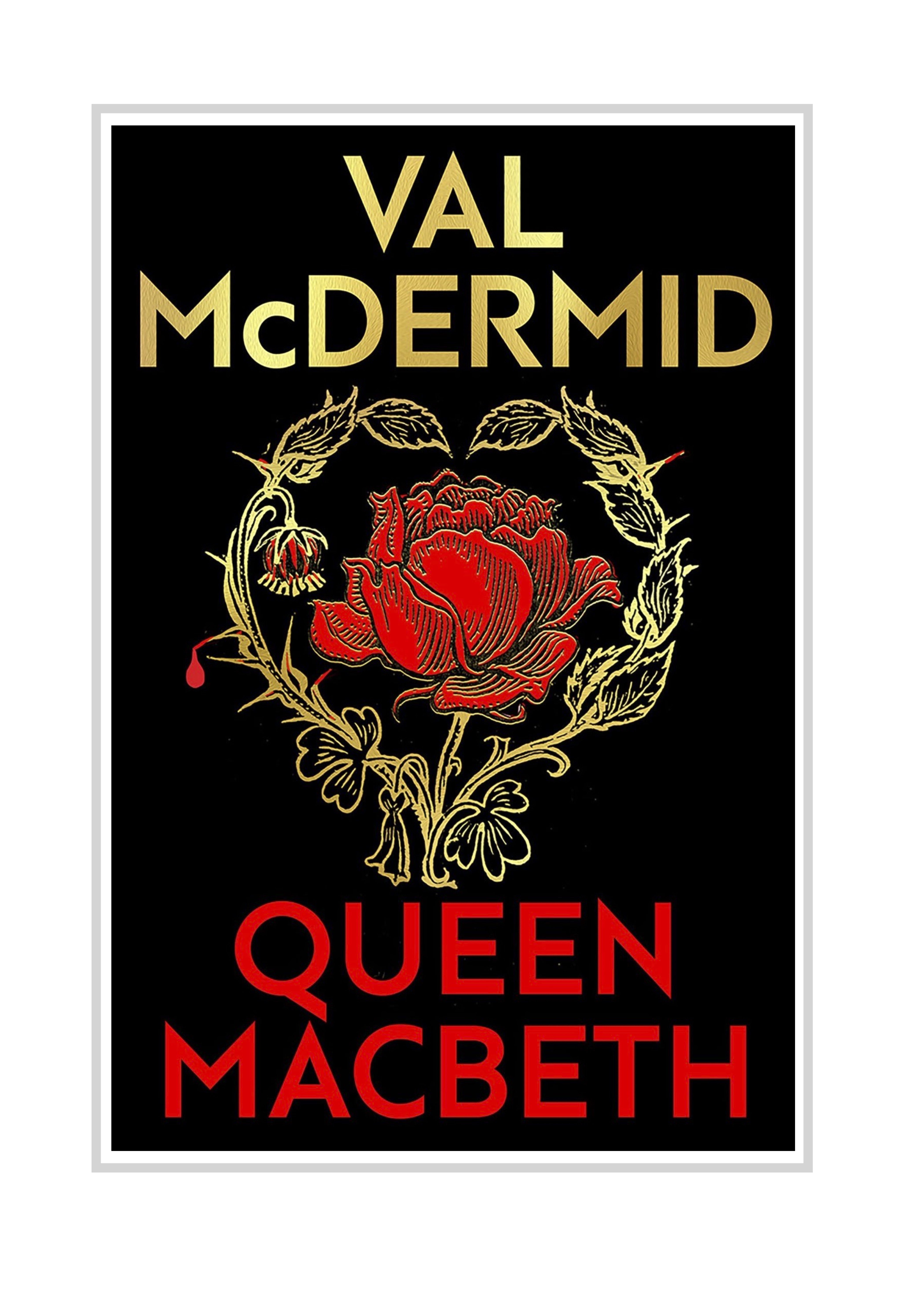Naomi Foyle, Astra (2014)
 A very well developed and realised world, packed with rich characters. The protagonist Astra is growing up in a future society which superficially seems like an environmentally sustainable idyll where young people are raised and nurtured by the community in relative freedom of expression, learning and sexuality. However, a quasi-militaristic government seeks to control the upcoming generation by means of vaccination to make them more docile and amenable to living in this paradise. When Astra’s shelter mother Hokma takes her to one side and suggests that Astra’s intelligence and future prospects as a scientist may be adversely affected by this chemical intervention, their actions set in motion a path that puts them all in danger.
A very well developed and realised world, packed with rich characters. The protagonist Astra is growing up in a future society which superficially seems like an environmentally sustainable idyll where young people are raised and nurtured by the community in relative freedom of expression, learning and sexuality. However, a quasi-militaristic government seeks to control the upcoming generation by means of vaccination to make them more docile and amenable to living in this paradise. When Astra’s shelter mother Hokma takes her to one side and suggests that Astra’s intelligence and future prospects as a scientist may be adversely affected by this chemical intervention, their actions set in motion a path that puts them all in danger.
Reminiscent of Ursual K. Le Guin’s Always Coming Home, David Mitchell’s Cloud Atlas and Starhawk’s The Fifth Sacred Thing, Foyle has created a textured world where all is not as it seems. Astra promises to be the first in the series of The Gaia Chronicles and I for one look forward to the sequels.
Jacqueline Koyanagi, Ascension (2013)
Koyanagi’s protagonist Alana Quick stands out among sci-fi novels as, like the author (who has fibromyalgia), she has a debilitating illness. The daily reality of this is well-described – the rigors of space travel, constant pain and the struggle to find effective and long-lasting treatments. I also loved the fluid sexual and gender identity of the characters, reminding me again of Ursula K. Le Guin. Love conquers all, even in space. The story keeps the pages turning and the banter amongst the crew is fondly reminiscent of other ship stories. I look forward to reading more adventures of the crew of the “Tangled Axon”.
Amanda Palmer, The Art of Asking: How I Learned to Stop Worrying and Let People Help (2014)
 A while ago I went to see the Icelandic singer Hafdis Huld. After the show, she sat at a wee table, signing CDs and chatting. I really wanted to go up and talk to her but I was feart. I feel that once an artist has finished their show they deserve to chill out and not have me hanging about bothering them. It’s daft, I know – in my brief stints as a stand-up comedian and actor, I have always enjoyed chatting to people and getting feedback but I have felt anxious and somehow unworthy when the boot’s on the other foot.
A while ago I went to see the Icelandic singer Hafdis Huld. After the show, she sat at a wee table, signing CDs and chatting. I really wanted to go up and talk to her but I was feart. I feel that once an artist has finished their show they deserve to chill out and not have me hanging about bothering them. It’s daft, I know – in my brief stints as a stand-up comedian and actor, I have always enjoyed chatting to people and getting feedback but I have felt anxious and somehow unworthy when the boot’s on the other foot.
However, this great book by Palmer has made me change my mind. So much so that, while reading early on about her adventures in couchsurfing and encounters with her fanbase, when I saw a tweet asking if there was anyone willing to offer a couch for her and her driver, I offered mine. The next day, I got a message back to say that she was going to stay with the band on their tour bus instead. But at least I did it. And I did go and have a wee chat with her after the show – she was lovely and not at all scary. The book is bloody marvellous and go and read the f*** out of it! It’s everything – and nothing – that you’d expect from such a generous and open artist.




Leave a Reply